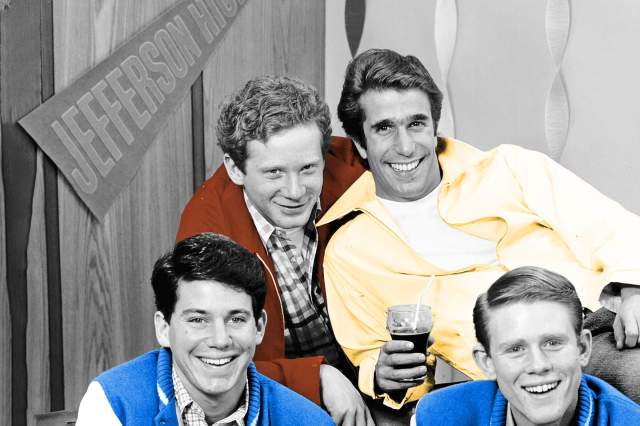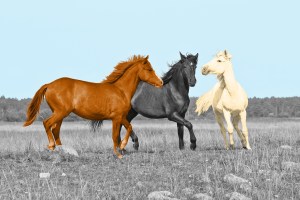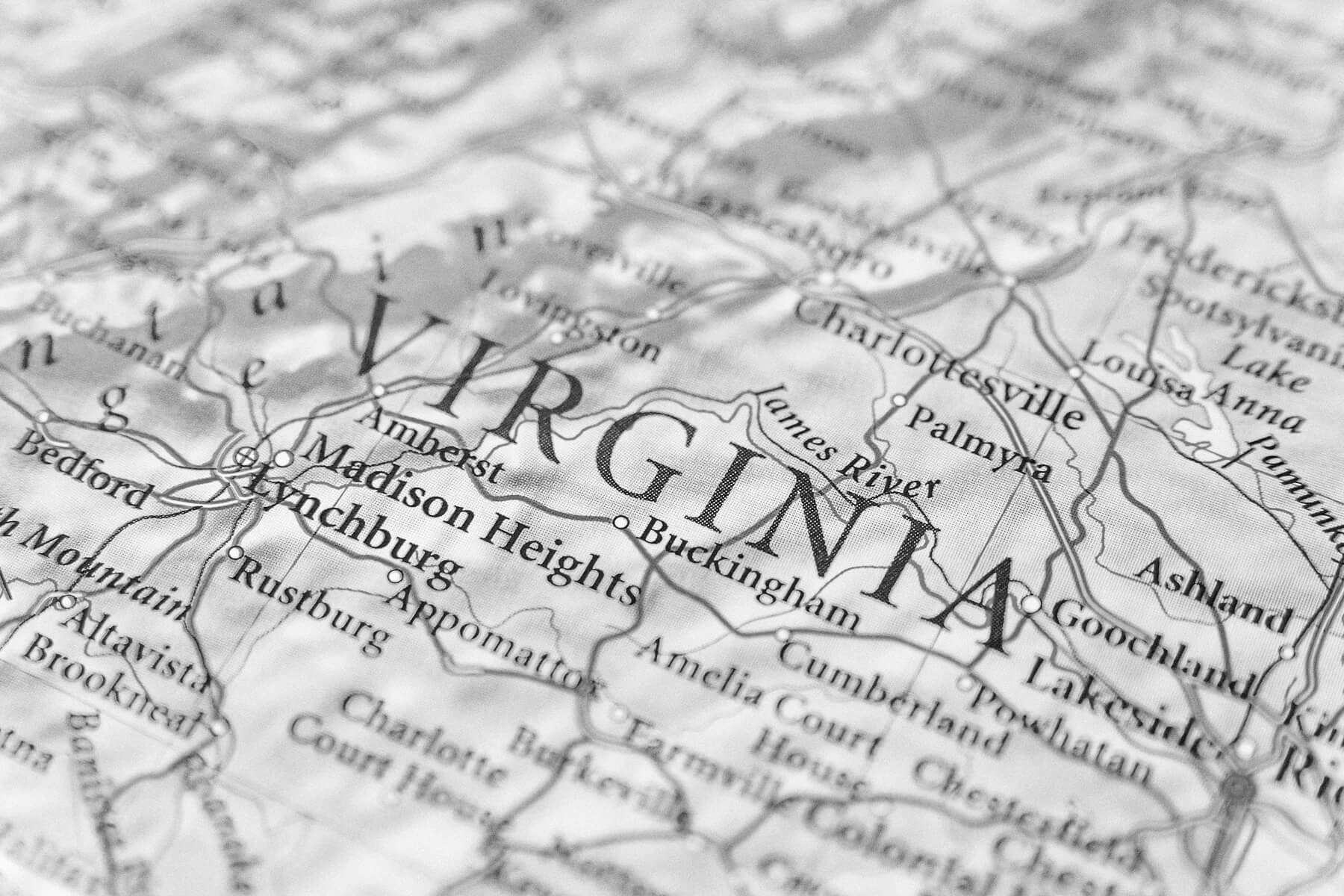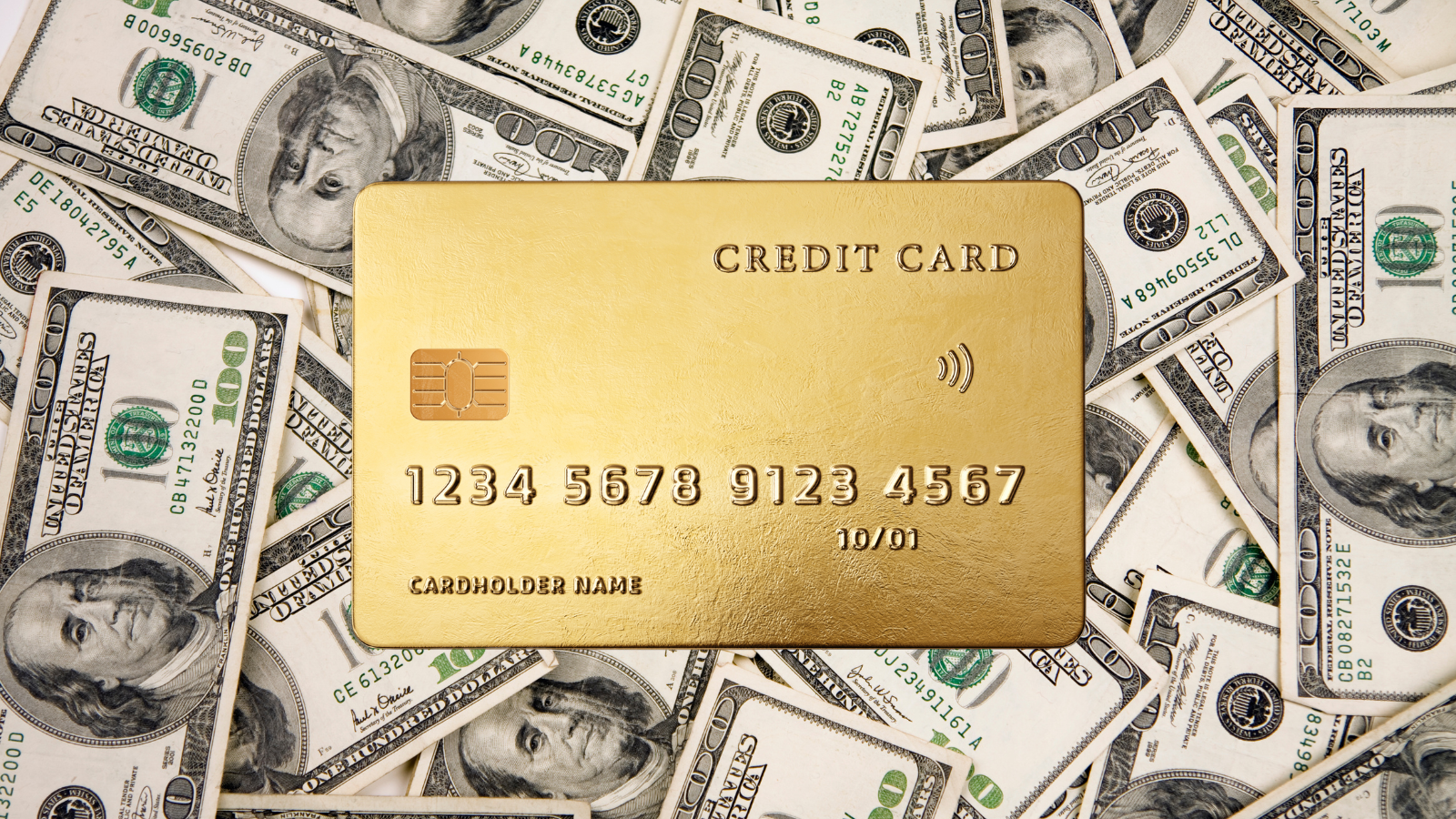
A Revival of 1950s Nostalgia Ushered “Happy Days” to the Small Screen
As described in his memoir My Happy Days in Hollywood, series creator Garry Marshall initially drew little interest in his TV show about a family in 1950s middle America. The pilot, starring future regulars Ron Howard (Richie), Anson Williams (Potsie), and Marion Ross (Mrs. Cunningham), and featuring Harold Gould instead of Tom Bosley as Mr. Cunningham, was relegated to an episode of the ABC anthology series Love, American Style in February 1972. However, the off-Broadway production of Grease was gaining steam around that time, and when American Graffiti hit movie theaters the following summer, with the same Ron Howard leading the cast, the 1950s nostalgia wave was primed to carry Happy Days to its stand-alone premiere on January 15, 1974.

Ron Howard Accepted His “Happy Days” Offer to Avoid the Draft
Howard was ambivalent about accepting an offer to headline what became Happy Days, as he’d already experienced sitcom success with The Andy Griffith Show and was looking forward to starting film school at USC. However, he’d also been saddled with a “horrible draft number,” and given that he stood a better chance of avoiding the Vietnam War through work than a college deferment, he elected to roll the dice with the good-natured ’50s sitcom.

Henry Winkler Went Against the Grain to Land the Part of Fonzie
When auditioning for the role of tough guy Arthur “Fonzie” Fonzarelli, Henry Winkler decided to eschew the usual greaser moves of rolling cigarettes into his sleeve and combing his hair. When told he had to follow the script and comb his hair anyway, Winkler unveiled what became a trademark Fonzie move by reaching for his coif, before stopping to admire its perfection. Those efforts helped Marshall overcome his reservations about the actor’s physical appearance — he wanted the Fonz to be tall and blond, not short with dark hair — and Winkler demonstrated he was the right man for the part by devising catchphrases like “ayyyy” and “whoa” that proved irresistible to audiences.
The “Jump the Shark” Episode Was Instigated by Winkler’s Father
The show’s most infamous episode, in which a waterskiing Fonzie soars over a shark (thus launching a pop culture phrase about the decline of a once-prominent program), apparently stemmed from the insistence of Winkler’s dad, who pushed his son to show his waterskiing skills on camera. Winkler brought the idea to his “Happy Days” producers, who proceeded to incorporate it into the 1977 three-part season premiere that brings the gang to sunny California. Episode writer Fred Fox Jr. isn’t exactly sure who decided that Fonzie would jump over a shark, but he is adamant that it wasn’t the moment when the show started going downhill; given that Happy Days aired another 164 episodes to mostly high ratings, he may have a point.
More Interesting Reads

Chuck Cunningham Was Deemed Expendable During Season 2
Fans who watched the series from the beginning surely noticed the unexplained disappearance of the older Cunningham son, Chuck. Played by Ric Carrott in the pilot, the role was passed to Gavan O’Herlihy, who grew frustrated with simply bouncing a basketball in his limited screen time and quit halfway through the show’s first season. Randolph Roberts briefly picked up the reins for season 2, but it was becoming clear, as Marshall later explained, that “Fonzie was like the older brother and that was the relationship that was working.” Chuck was quietly written out of the show after the season 2 Christmas episode, the point driven home when Mr. C declared how proud he was of his “two kids” (referring to Richie and Joanie) at the conclusion of the series.
The “Happy Days” Theme Song Didn’t Open the Show Until Season 3
The famed “Happy Days” theme song, written by Norman Gimbel and Charles Fox and originally sung by Jim Haas, wasn’t used for the opening credits in seasons 1 and 2. That spot was reserved for a rerecorded take of Bill Haley’s “Rock Around the Clock,” with the similar-sounding Gimbel-Fox composition on the closing credits. However, an updated version of “Happy Days,” by Truett Pratt and Jerry McClain, accompanied the opening credits for season 3, and eventually made its way to No. 5 on the Billboard charts. “Happy Days” was later recorded again by Bobby Arvon and used to open the show for its final season in 1983-84.

Original Episodes Aired After the Finale
Speaking of conclusions, Happy Days delivered a memorable ending with the Joanie-Chachi wedding and Bosley breaking the fourth wall to thank viewers for sharing the experience. Of course, this wasn’t actually the final episode to air. Because ABC interrupted its usual schedule to broadcast the 1984 Winter Olympics, there were several unseen episodes by the time the emotional “Passages” story seemingly wrapped things up that May. ABC proceeded to broadcast the remaining episodes over the course of the summer, until “Fonzie’s Spots,” in which the Fonz, Roger, and Chachi try out for Mr. C’s Leopard Lounge club, formally brought Happy Days to an anticlimactic end on September 28, 1984.












